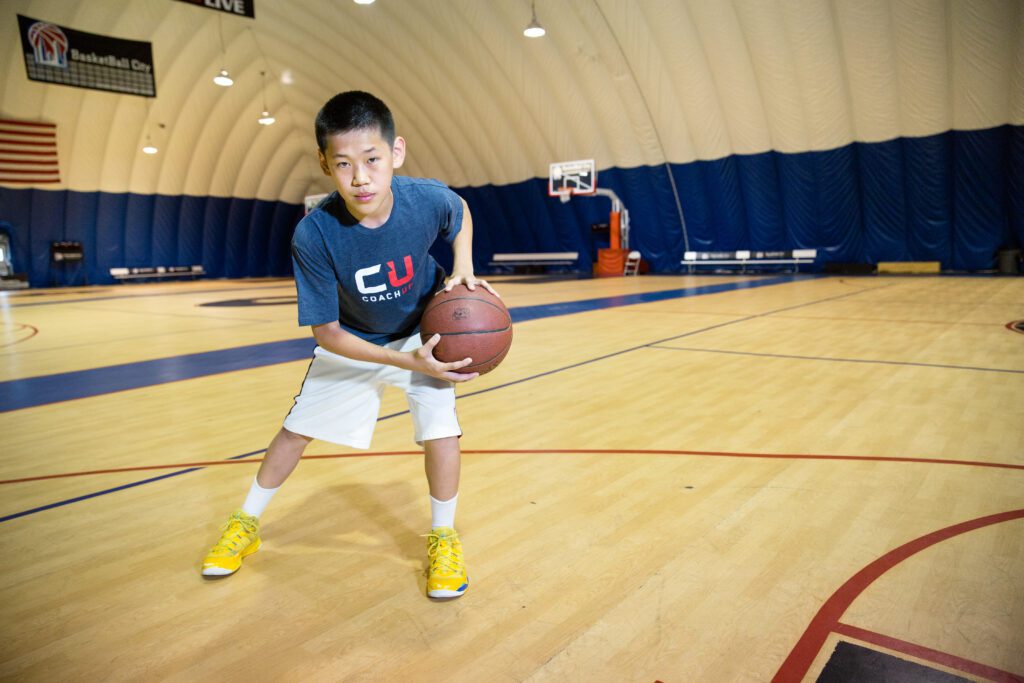Building a positive and supportive relationship with your athlete’s coach is essential for fostering a successful and fulfilling sports experience. Whether your child is involved in youth sports, or you are an athlete seeking to enhance your performance, establishing a strong bond with the coach can have a significant impact on your development and enjoyment of the game.
Here are some valuable tips on how to cultivate a positive relationship with your athlete’s coach
Communication is Key
Open and honest communication is the foundation of any successful relationship; including the one between athletes, parents, and coaches. Maintain regular communication with the coach to discuss your athlete’s progress, goals, and any concerns you may have. Clear communication helps build trust and ensures everyone is on the same page regarding expectations and objectives, strengthening the relationship.
Show Respect and Support
Respect is a two-way street. Demonstrate respect for the coach’s expertise, decisions, and commitment to helping your athlete improve. Support the coach’s leadership and coaching style, even if there are differences in opinion. By showing respect and support, you create a positive environment that benefits both your athlete and the entire team.
Trust the Coach’s Expertise
Coaches undergo training and have experience in guiding athletes to reach their full potential. Trust in the coach’s expertise and coaching methods. Avoid undermining the coach’s authority or second-guessing their decisions during practices or games. Trusting the coach’s guidance enables them to effectively support your athlete’s growth and development, enhancing the positivity in your relationship.
Be Present and Engaged
Attend practices, games, and team events to demonstrate commitment to your athlete’s participation. Being present shows your support for the team and allows you to observe the coach in action. Engage with the coach in a positive and constructive manner, offering encouragement and feedback that contributes to a collaborative coaching environment and a positive relationship.
Foster a Positive Relationship with Other Parents
Encourage a positive team culture by promoting sportsmanship, respect, and teamwork. Emphasize the importance of mutual support among athletes, coaches, and other parents. Work together with the coach to create a nurturing and inclusive environment where everyone feels valued and motivated to excel. This stretches beyond the team and into the bleachers. Team culture in youth sports includes everyone!
Address Concerns Respectfully
If you have concerns or disagreements with the coach, address them in a respectful and constructive manner. Schedule a private meeting to discuss your issues, express your perspectives, and seek common ground for resolution. Handling conflicts professionally and respectfully benefits the coach-athlete-parent relationship and promotes a positive team dynamic.
Celebrate Achievements Together
Recognize and celebrate the achievements and milestones of your athlete and the team. Acknowledge the coach’s efforts in supporting and guiding your athlete’s progress. Celebrating successes together fosters a sense of camaraderie and appreciation within the coaching staff and reinforces the positive relationship you have cultivated.
Building a positive relationship with your athlete’s coach is a collaborative effort that requires mutual respect, communication, and support. By fostering a constructive partnership with the coach, you contribute to creating a supportive and nurturing environment that enhances your athlete’s experience. Remember, a positive coach-athlete-parent relationship benefits everyone involved and contributes to the overall success and enjoyment of the sport.

Dell Johnson is a gold-level basketball coach who has completed over 1,200 sessions with CoachUp athletes. He is based in central Michigan and can be contacted through his profile here!
How useful was this post?
Click on a star to rate it!
Average rating 4.5 / 5. Vote count: 2
No votes so far! Be the first to rate this post.





One Response
It is so difficult not to get after a coach (especially a school coach, where you didn’t necessarily choose him) and get on his bad side if your kid isn’t getting the best playing time or being treated like you’d hope.
Coaches are dealing with so many things. My wife and I have found that if we stay back and let our kids’ (6 boys playing baseball) talents simply raise them to the top, things tend to work out better than complaining to the coach or calling him out.